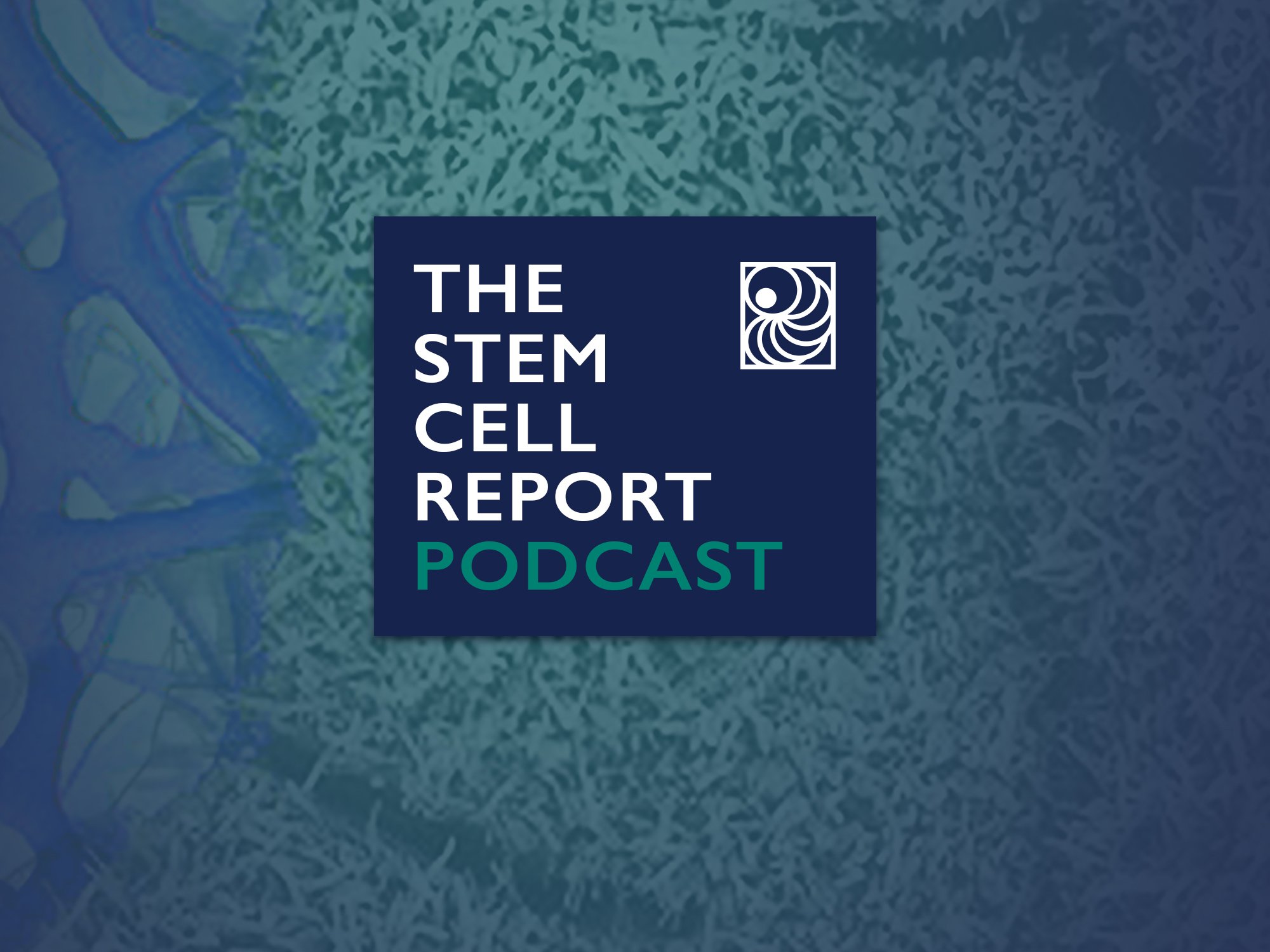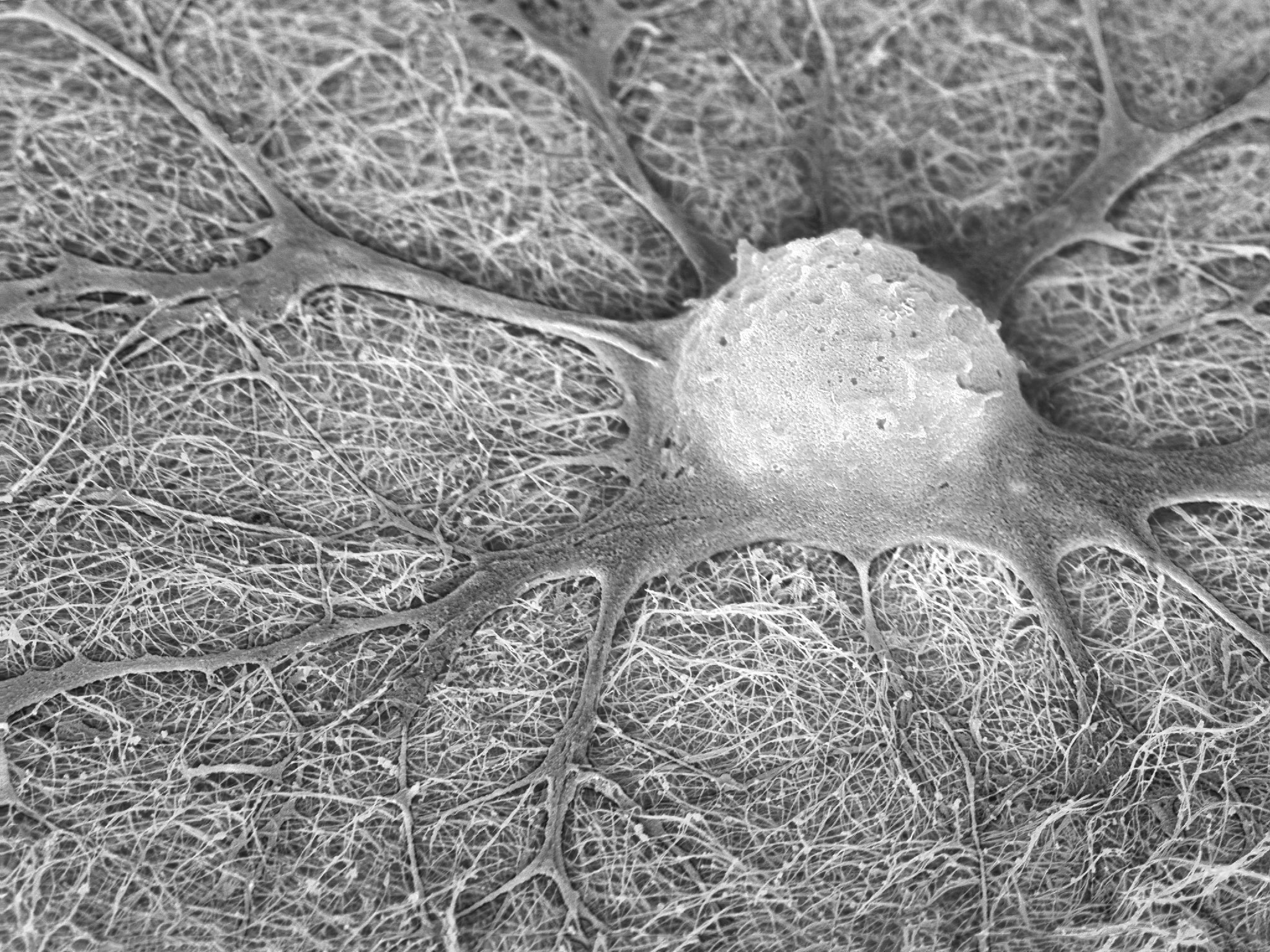ISSCR News

Registration and Abstract Submission Open for “20 Years of iPSC Discovery: A Celebration and Vision for the Future,” 20-22 October 2026, Kyoto, Japan
The International Society for Stem Cell Research (ISSCR) today announced that registration and abstract submission are open for the ISSCR International Symposium: 20 Years of iPSC Discovery: A Celebration and Vision for the Future, co-sponsored by the Japanese Society for Regenerative Medicine. The symposium will take place 20–22 October 2026 in Kyoto, Japan.
Developed in partnership with the Center for iPS Cell Research and Application (CiRA) at Kyoto University, the scientific program is chaired by Shinya Yamanaka, recipient of the 2012 Nobel Prize in Physiology or Medicine for the discovery of induced pluripotent stem cells (iPSCs), an honor he shared with the late Sir John Gurdon.

Immature Brain-Supporting Cells Switch Fate to Restore Blood Flow After Stroke
Stroke is a leading cause of death and disability, affecting 1 in 4 people during their lifetime. Stroke happens when blood vessels in the brain get clogged or damaged, impairing blood flow and oxygen supply to the brain, which leads to death of neurons and other brain cells. Although brain damage can be limited by interventions to restore blood flow, most stroke survivors experience some lifelong impairments of e.g. speech, movement, or cognitive function.
Despite the existence of immature stem cells in the brain, their role in repair is uncertain and the brain’s ability to recover from stroke remains limited. Takakuni Maki, Ken Yasuda, Kazuto Tsukita, and colleagues from Kyoto University, Japan, have now demonstrated that oligodendrocyte progenitor cells (OPCs)—a well-known immature glial cell type in the brain—can promote new blood vessel formation after stroke under hypoxic conditions. The research was published today in Stem Cell Reports.

The ISSCR Joins Coalition Letter in Support of NIH Funding
The ISSCR joined over 450 biomedical research organizations and institutions to urge U.S. congressional appropriators to provide the NIH for Fiscal Year 2026 no less than the $47.2 billion as approved by the Senate Appropriations Committee. This investment would enable the NIH to fund promising research and support the next generation of researchers. NIH-funded research leads to medical breakthroughs, provides hope for patients and families, and advances health.

New Podcast Episode. Crossing the Border: Modeling the Blood Brain Barrier
The blood-brain barrier (BBB), formed by brain endothelial cells, pericytes, and astrocytes, is organized into a neurovascular unit that regulates the exchange of proteins between blood circulation and brain parenchyma. Human stem-cell-based models using brain endothelial cells are a powerful tool to investigate how disease-related conditions might affect the blood-brain barrier integrity. However, the cell type composition is critical to faithfully model transcytosis across the blood-brain barrier. Our guests today developed a blood-brain model using induced pluripotent stem cells (iPSCs)-derived endothelial cells with brain-specific identity. Using this model they were able to investigate how disease risk factors affect intracellular transport and reveal a new role for ApoE4 in the regulation of iron metabolism at the blood-brain barrier.

Registration and Abstract Submission Are Open For ISSCR 2026 in Montréal 8-11 July
The International Society for Stem Cell Research (ISSCR) has opened registration and abstract submission for the ISSCR 2026 Annual Meeting, taking place 8-11 July 2026 in Montréal, Canada. The Global Stem Cell Event will bring together academic and industry leaders driving progress in stem cell science and regenerative medicine.
STEMCELL Technologies will co-sponsor the hallmark event, continuing a valued collaboration that underscores the importance of partnership between science and industry in advancing the field.

Receive ISSCR Press Releases
Sign up be a part of ISSCR’s media list. Media Contact: Kym Kilbourne, Director of Media and Strategic Communications
Subscribe to ISSCR News.
Each month, ISSCR delivers scientific, policy, and community to your inbox .
